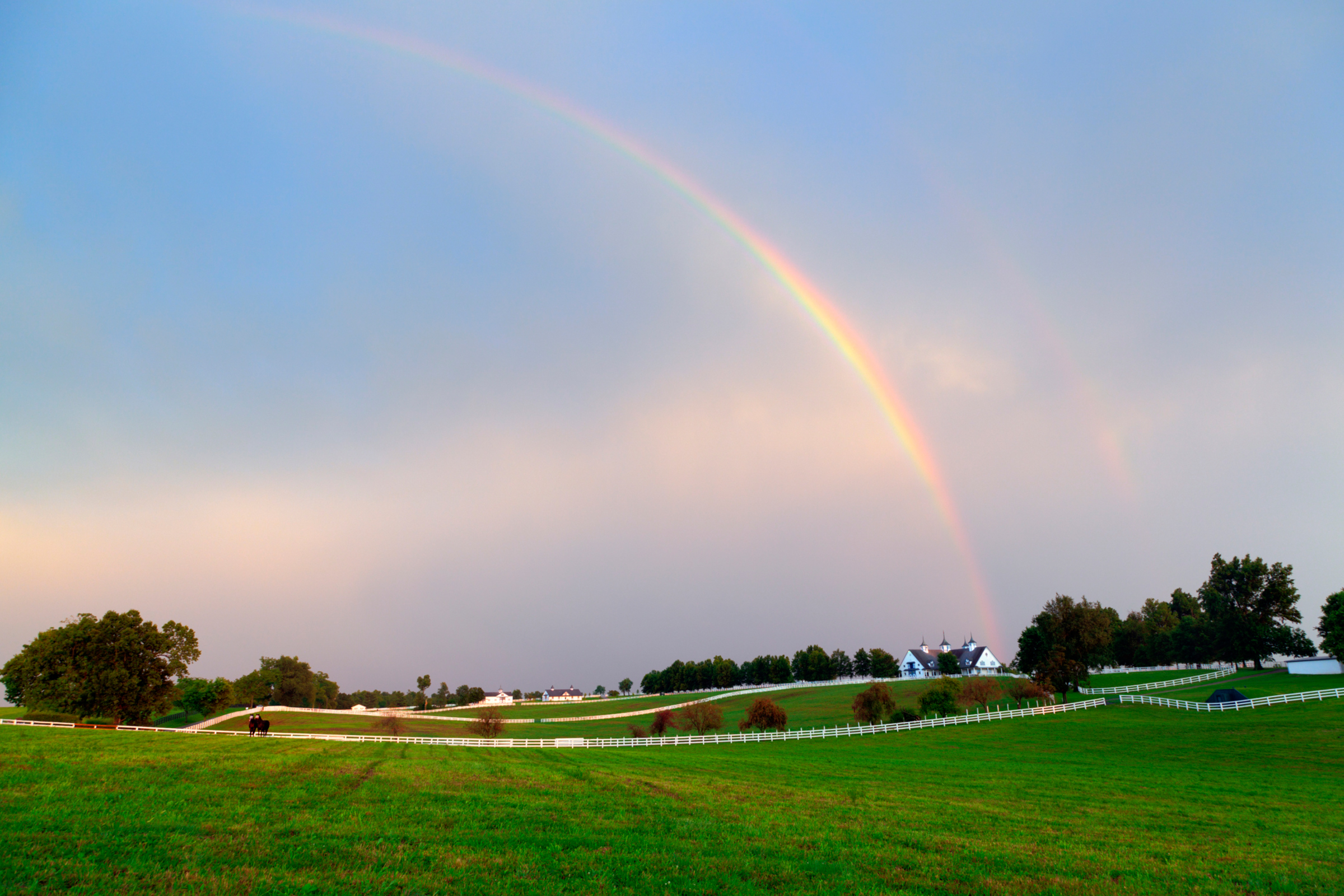
Cammy Rainwater, owner/manager of Shadowbrook Stables near Springfield, Missouri, said that over the years she has given some demonstrations and presentations to the public. “I have not tried to sell myself and my business as much as I’ve tried to sell what I am interested in,” she explianed. “I am a member of the local hunter/jumper club and dressage club, so I have helped in a volunteer capacity. We used to have a society horse show with Saddlebreds, carriage horses, Morgans, Arabians, etc. I got involved with that group and served on the board and helped as a volunteer and secretary to get them to add six hunter/jumper classes to that big show, just for exposure—to let people know we were there.
“There’s also a local farm trade show here at the Fairgrounds, and I’ve helped with hunter/jumper or dressage demonstrations there,” she said. “We sometimes have a booth that we man with volunteers, just to let people know about us. This is not so much to promote my barn but to promote my sport.”
Marketa Matthews of Quarter Line Dressage hosts a lot of clinics at her stable and brings in top clinicians and trainers, and she is available to travel and give clinics.
“We also do nutritional clinics and have a cowboy who comes now and then to spend time with my clients to teach them how to create a better partnership between them and their horse,” Matthews said. “Often with older ladies and their horses, the horses sometimes start to take advantage of the person, acting like they are in charge instead of the person. He teaches the people how to keep a happy partnership with their horses so no one gets hurt, but the horse knows its limits and its role.”
Sometimes she also has yoga clinics for the clients, or brings in instructors who know dressage and do yoga. “We get together and do that and other types of exercises,” she said. “We have multiple things going on that people enjoy.”
She said that the main thing for people to understand if they are thinking about starting a boarding/training facility is that it has to be something they really like to do. “You won’t get rich doing it; you are doing it because you love the horses and you enjoy this kind of work,” Matthews advised. “The most successful people are the ones who are giving and caring; they are doing this because they love the horses and the clients.
“It’s hard work, physically and mentally,” she added. “It is not about the money; it is rewarding in many different ways. People might think it is easy, but it’s very hard. You are out there cleaning stalls yourself if your worker doesn’t show up. The hardest thing, in this kind of business, is being able to get good reliable help—people you can trust who want to do a good job. They need to know about horses and have a sense of responsibility. That kind of person can be hard to find! They must either be as passionate as you are about it, or you have to pay them more. You usually won’t find anyone good for minimum wage unless they are very passionate!
“Don’t try to start this kind of business unless you are prepared to work hard and you enjoy it,” she concluded.


